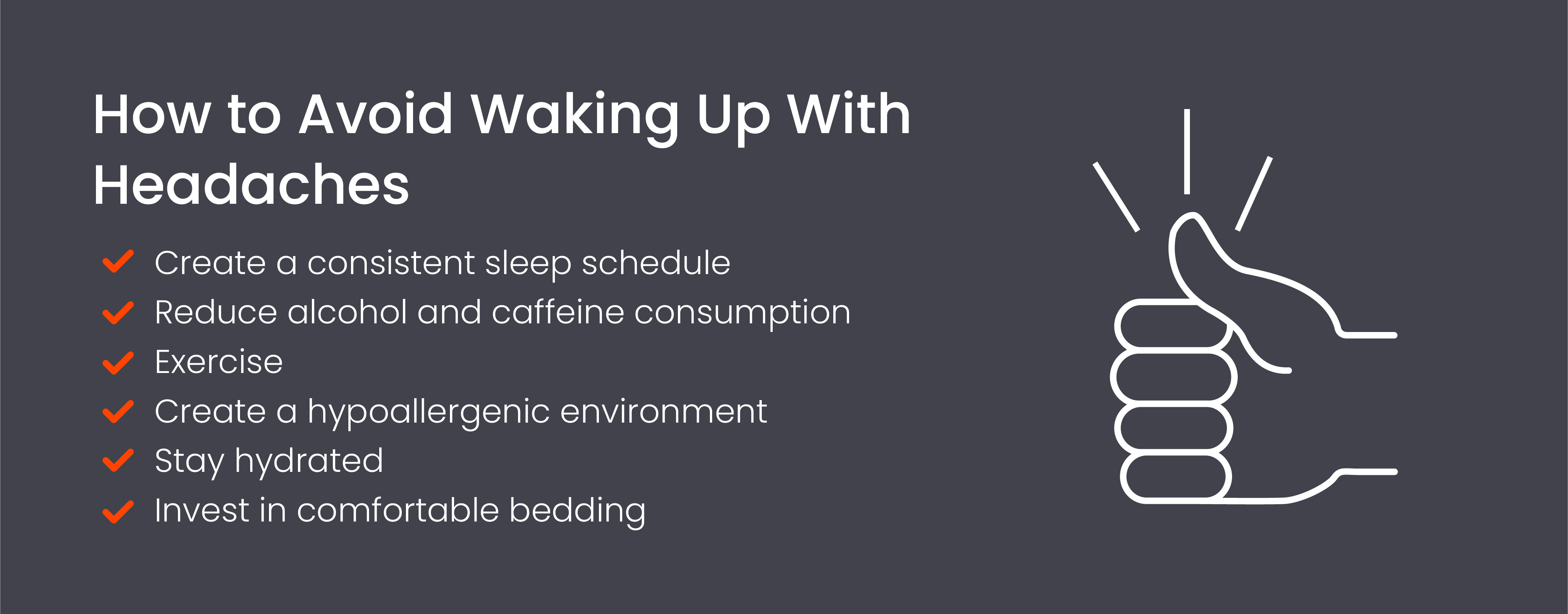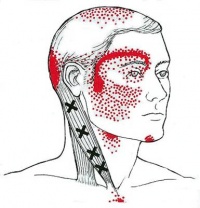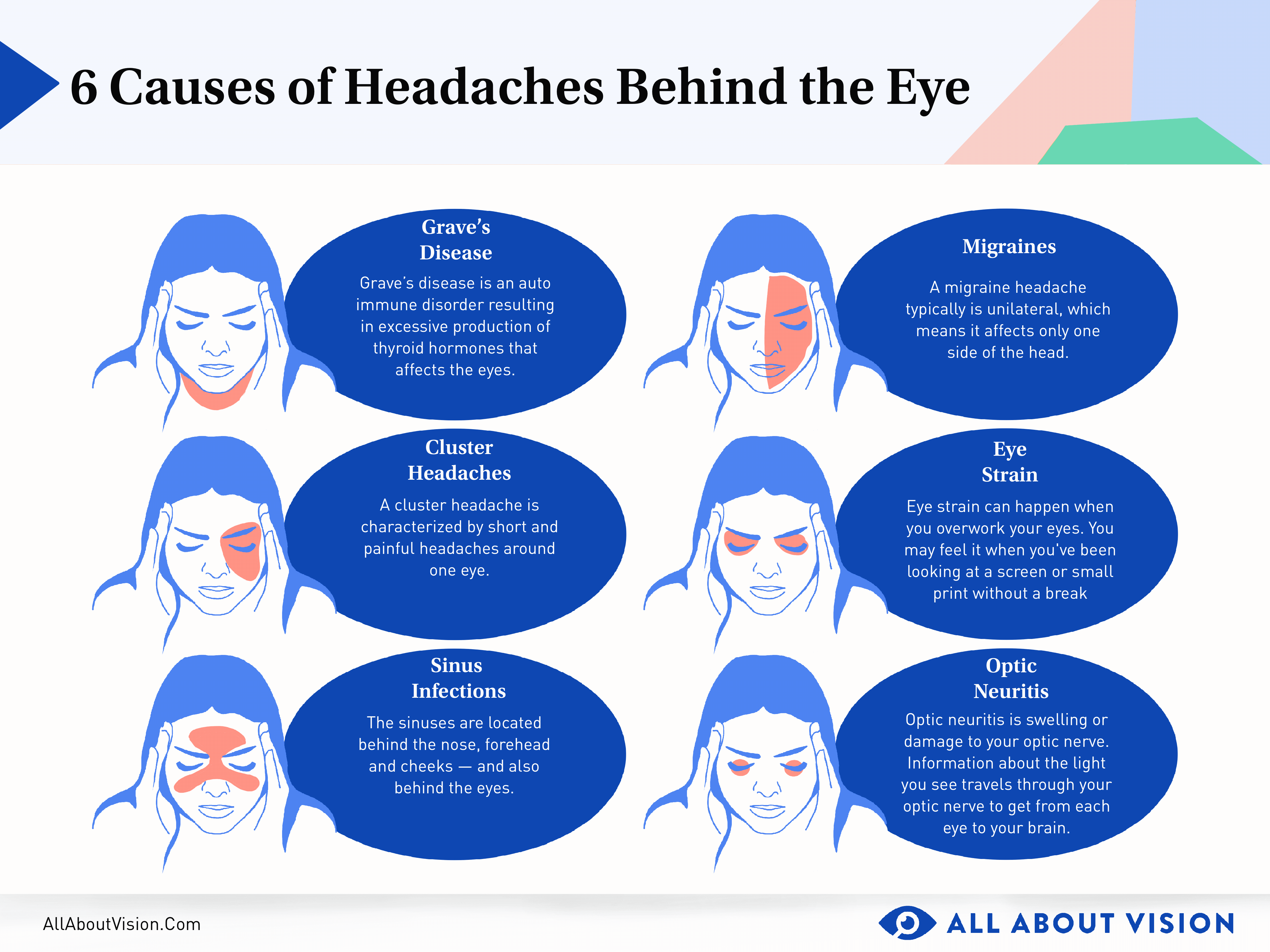Topic headache upon waking: Waking up with a headache can be frustrating, but understanding its causes and exploring effective remedies can transform your mornings into a pain-free experience.
Table of Content
- How do sleep disorders and personal habits contribute to headaches upon waking?
- Common Causes of Waking Up with a Headache
- Impact of Sleep Disorders on Morning Headaches
- Dehydration and Its Role in Morning Headaches
- Importance of Proper Sleep Hygiene
- Connection Between Stress and Morning Headaches
- Medication Overuse Headaches: A Key Contributor
- YOUTUBE: Waking Up with a Headache: 5 Potential Causes
- Effective Home Remedies for Morning Headaches
- When to Consult a Doctor for Persistent Morning Headaches
- Preventive Strategies to Avoid Waking Up with a Headache
How do sleep disorders and personal habits contribute to headaches upon waking?
Sleep disorders and personal habits can contribute to headaches upon waking. Here are a few ways they can affect your mornings:
- Sleep apnea: This sleep disorder causes disruptions in breathing during sleep, leading to reduced oxygen intake. The resulting oxygen deprivation can trigger headaches upon waking.
- Migraine: Migraine headaches can be triggered by various factors, including sleep disturbances. Lack of quality sleep or irregular sleep patterns can increase the likelihood of experiencing a migraine headache in the morning.
- Tension headache: Chronic morning headaches are often tension headaches, commonly triggered by stress or muscle tension. Poor sleep due to stress or unhealthy sleep habits can contribute to these types of headaches.
Additionally, certain personal habits can also contribute to headaches upon waking:
- Teeth grinding (bruxism): Grinding your teeth during sleep can lead to jaw and head pain upon waking.
- Alcohol consumption: Excessive alcohol intake can cause dehydration, changes in blood flow, and disrupted sleep, all of which can contribute to morning headaches.
- Caffeine withdrawal: If you\'re accustomed to consuming caffeine regularly and abruptly stop or reduce your intake, it can lead to caffeine withdrawal headaches in the morning.
It\'s important to identify and address any underlying sleep disorders and adopt healthy sleep habits to minimize the occurrence of headaches upon waking. Consulting with a healthcare professional can help determine the specific cause of your morning headaches and develop an appropriate treatment plan.
READ MORE:
Common Causes of Waking Up with a Headache
Understanding why you wake up with a headache is the first step towards finding relief. Here are several common causes:
- Stress: Stress can lead to tension headaches, often resulting in morning pain.
- Sleep Disorders: Conditions like insomnia or sleep apnea can disrupt your sleep, leading to headaches.
- Dehydration: Not drinking enough water can cause you to wake up with a headache.
- Poor Sleep Hygiene: Inconsistent sleep schedules and poor sleep environment can trigger headaches.
- Medication Overuse: Overusing headache medication can lead to rebound headaches upon waking.
- Alcohol or Caffeine: Consuming these substances too close to bedtime can affect your sleep quality and lead to headaches.
By identifying and addressing these common triggers, you can take steps to minimize or prevent morning headaches and start your day on a positive note.
Impact of Sleep Disorders on Morning Headaches
Sleep disorders are a significant contributor to headaches upon waking, affecting the quality of your sleep and, consequently, your overall health. Understanding the connection between sleep disturbances and morning headaches is key to finding relief.
- Insomnia: Difficulty falling or staying asleep can lead to insufficient rest, causing tension headaches upon waking.
- Sleep Apnea: This condition, characterized by pauses in breathing during sleep, can result in fragmented sleep and morning headaches due to reduced oxygen levels.
- Bruxism: Grinding or clenching teeth at night can strain the jaw and muscles, leading to headaches in the morning.
- Restless Legs Syndrome (RLS): An urge to move the legs due to uncomfortable sensations can disrupt sleep and cause headaches upon awakening.
Addressing these sleep disorders through medical consultation, adopting proper sleep hygiene, and incorporating relaxation techniques can significantly reduce the frequency and severity of morning headaches.
Dehydration and Its Role in Morning Headaches
Dehydration can significantly contribute to morning headaches, as it affects the body"s hydration balance, leading to discomfort and pain upon waking. Symptoms of a dehydration headache can include a dull ache or sharp pain, possibly accompanied by dizziness, dry mouth, fatigue, and intense thirst. These headaches occur when the brain contracts due to fluid loss, causing pressure and pain. Preventing dehydration headaches involves regular fluid intake, especially water, and managing factors that lead to dehydration such as excessive alcohol consumption or intense physical activity. Staying hydrated is key to avoiding these headaches and ensuring overall health.
- Drink enough water throughout the day, not just when thirsty.
- Avoid or moderate alcohol and caffeine consumption, as they can contribute to dehydration.
- Recognize the signs of dehydration, such as dark urine or fatigue, and increase water intake accordingly.
- Keep your environment cool and avoid excessive heat exposure to minimize sweating and fluid loss.
For those experiencing frequent morning headaches due to dehydration, it"s advisable to consult a healthcare provider for further assessment and personalized advice.

Importance of Proper Sleep Hygiene
Good sleep hygiene is crucial for preventing morning headaches. It involves practices and habits that promote consistent, uninterrupted sleep, thereby reducing the risk of waking up with a headache. Proper sleep hygiene can help regulate sleep patterns, improve the quality of sleep, and address factors that contribute to morning headaches.
- Establish a consistent sleep schedule by going to bed and waking up at the same time every day, even on weekends.
- Create a restful sleeping environment by minimizing noise, light, and distractions. Ensure your bedroom is for sleep and relaxation only.
- Avoid stimulants such as caffeine and nicotine close to bedtime, as they can disrupt your sleep cycle.
- Limit screen time before bed, as the blue light from screens can interfere with your ability to fall asleep.
- Engage in relaxing activities before bedtime, such as reading or taking a warm bath, to help signal to your body that it"s time to wind down.
- Exercise regularly, but not right before bed, as physical activity can improve sleep quality but can also energize you if done too close to bedtime.
Adhering to these guidelines can significantly reduce the occurrence of morning headaches by ensuring a more restful and restorative sleep.
Connection Between Stress and Morning Headaches
Stress is a significant factor that contributes to the occurrence of morning headaches. It triggers muscle tension and disrupts sleep patterns, both of which can lead to headaches upon waking. Managing stress through relaxation techniques, regular exercise, and maintaining a work-life balance can help minimize its impact on sleep quality and reduce the frequency of morning headaches. Incorporating stress-reduction strategies such as mindfulness, yoga, and deep-breathing exercises into your daily routine can significantly improve sleep quality and decrease the likelihood of waking up with a headache.
- Practice mindfulness or meditation to help manage daily stress levels.
- Regular physical activity can reduce stress and improve sleep quality.
- Maintain a balance between work, leisure, and rest to prevent burnout and reduce stress-induced headaches.

Medication Overuse Headaches: A Key Contributor
Medication overuse headaches (MOH) are a common issue for individuals who frequently use headache medication. This condition arises when the body becomes accustomed to the medication, leading to a paradoxical increase in headache frequency and severity. Recognizing and addressing MOH is crucial for those suffering from chronic morning headaches.
- Limit the use of headache medications to no more than two days per week.
- Consult with a healthcare provider to develop a plan to safely reduce medication intake.
- Explore alternative pain management strategies, such as physical therapy, relaxation techniques, and preventive medications.
Adopting these measures can help mitigate the risk of developing MOH and improve overall headache management.
Waking Up with a Headache: 5 Potential Causes
Discover the fascinating causes behind the world\'s most pressing issues. This informative video will shed light on the root causes and inspire you to be part of the solution.
Causes of Severe Headaches upon Waking: Most Rated Health FAQ Channel
Brace yourself for an eye-opening journey as this video explores the severe consequences of a global crisis. Gain a deeper understanding of the challenges we face and the actions we can take to overcome them.
Effective Home Remedies for Morning Headaches
There are several simple yet effective home remedies that can help alleviate morning headaches and improve overall well-being. These strategies focus on natural methods to relieve pain and address the underlying causes of headaches upon waking.
- Stay hydrated by drinking plenty of water before bed and upon waking to prevent dehydration-related headaches.
- Practice relaxation techniques such as deep breathing, meditation, or gentle yoga to reduce stress levels that may contribute to headaches.
- Apply a cold pack to the forehead or the back of the neck for 15 minutes to reduce inflammation and pain.
- Ensure a comfortable sleep environment that promotes uninterrupted sleep, including a supportive pillow and a dark, quiet room.
- Limit caffeine and alcohol intake in the evening, as these substances can affect sleep quality and hydration levels.
- Incorporate essential oils like peppermint or lavender into your bedtime routine for their calming and pain-relieving properties.
Adopting these home remedies can significantly reduce the frequency and severity of morning headaches, leading to a more refreshed start to the day.

When to Consult a Doctor for Persistent Morning Headaches
It"s crucial to seek medical advice for morning headaches that are persistent, especially if they significantly impact your daily life or are accompanied by other symptoms. Consulting a doctor is recommended if:
- Your headaches increase in frequency or severity.
- You experience changes in headache patterns.
- Headaches are accompanied by other concerning symptoms such as vision changes, nausea, or dizziness.
- Over-the-counter medications do not relieve your headaches.
- You have a history of head injury.
These could be signs of underlying health issues that require professional medical evaluation and treatment.
READ MORE:
Preventive Strategies to Avoid Waking Up with a Headache
Preventing morning headaches involves a combination of lifestyle adjustments, sleep hygiene practices, and mindful behaviors. Implementing these strategies can help reduce the frequency and severity of headaches upon waking:
- Maintain a regular sleep schedule to regulate your body"s internal clock.
- Ensure your sleeping environment is comfortable, quiet, and dark.
- Avoid caffeine and alcohol before bedtime, as they can affect sleep quality.
- Stay hydrated throughout the day to prevent dehydration-related headaches.
- Incorporate stress-reduction techniques such as meditation or yoga into your routine.
- Exercise regularly, but avoid vigorous activity close to bedtime.
Adapting these habits can significantly lower the risk of experiencing headaches in the morning.
Discover the key to a refreshing start each morning by understanding and managing headaches upon waking. This guide offers insightful tips and strategies to overcome morning discomfort, ensuring your days begin with vitality and focus.



:max_bytes(150000):strip_icc()/vision-and-headache-3422017_final-f90b31917b244236a7424b143a537fd3.jpg)

:max_bytes(150000):strip_icc()/migraine-relief-pressure-points-5205811-FINAL-cdc9e0d051cb460bac8baa98bc01954f.jpg)



:max_bytes(150000):strip_icc()/VWH-PaigeMcLaughlin-WhatisaClusterHeadache-Standard-87c962b6a28d4b1ab0359ed3ae5b696f.jpg)